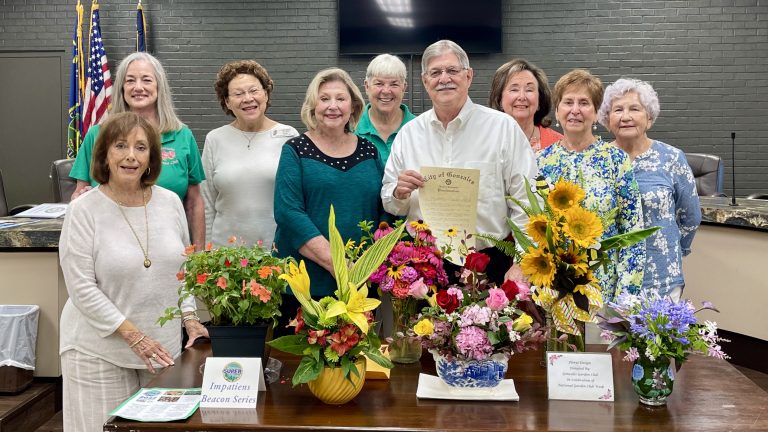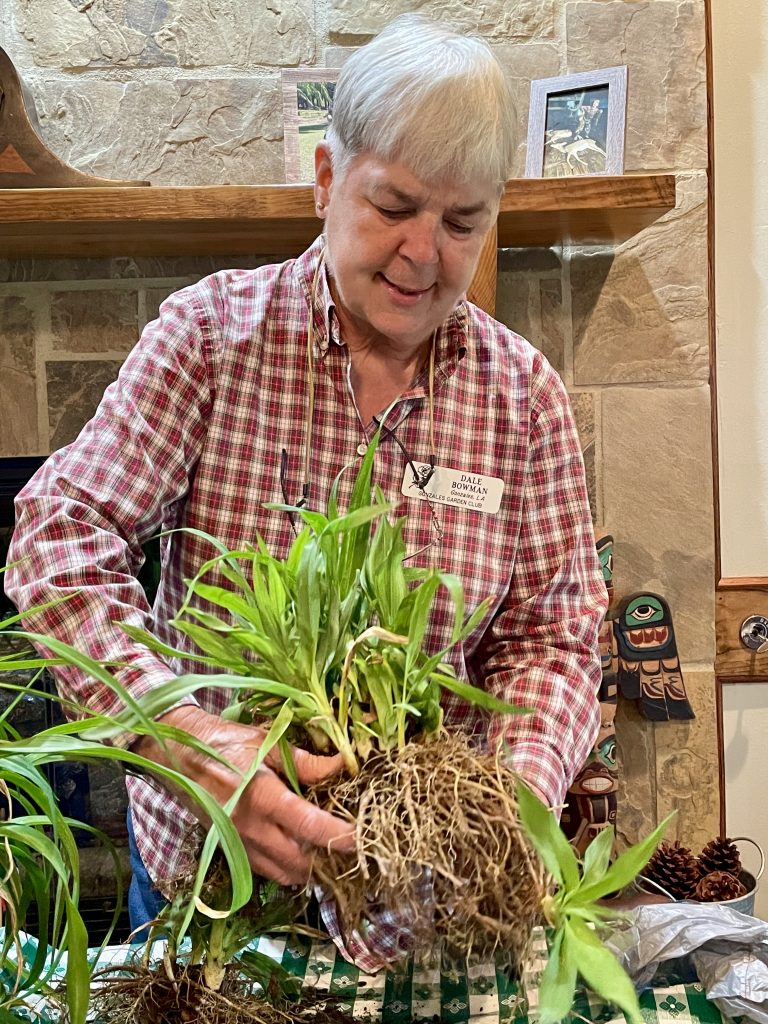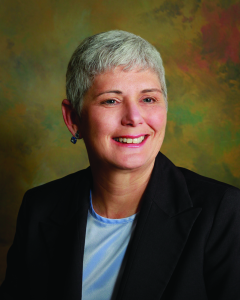It may come as no surprise that in April of 2020, the phrase “self-care” hit its peak popularity as a Google search term. Prior to 2016, self-care had not yet entered the collective consciousness, but now it seems nearly inescapable. What comes to mind when you hear that phrase? Is it a bubble bath, a massage, or some quiet time with a good book? Maybe it’s your favorite indulgent meal, enjoyed guilt-free.
When we think about self-care, it is often in the context of doing something we don’t normally get to do – a treat to ourselves that provides temporary enjoyment or relief. But what if we started thinking about self-care as putting things in place that make a positive lasting difference in our lives?
Just last week, I met with a young couple who had small children. They had two main concerns. First, they wanted to make sure that someone of their choosing was able to take care of their children if they could not. Next, they wanted to make sure their life insurance and retirement plan assets were available to care for their children while they were in school and college, but not be wasted by them before they were mature enough to manage money. Through creating documents to appoint a guardian (called a tutor in Louisiana) for their children if they passed away and creating a trust appointing a trustee to manage their children’s assets until they were old enough to have matured, the couple was assured in knowing that if anything happened to them, their children were going to be taken care of by someone they chose and not by who the court might choose. By coordinating the beneficiary designations on their life insurance and retirement plan assets with their trust documents, they can ensure that those assets are managed by a trustee and do not fall into the hands of their children when they turn 18. The last thing the mom said as she was leaving our office was how much better she was going to feel when the documents were signed. Self-care can be doing the work upfront so you can have peace of mind in the future.
Another family I met with consisted of an elderly woman and her adult daughter. They came in to speak with me about helping the woman qualify for long-term care, as she was beginning to plan moving out of her home and into an assisted living facility. We discussed health care directives, a power of attorney appointing the daughter to manage her financial affairs if the mom could not and a trust to protect assets if she ever needed nursing home care. The pair were relieved when I explained that with this short meeting, they had saved countless time and money, and could put their worries to rest about how this transition for mom would take place in the future. These are just two examples of how putting together an estate plan can give you and your loved ones the peace of mind that knowing your affairs will be handled in the way that you want them, even if you are incapacitated or no longer here.
While the term “self-care” may not necessarily evoke thoughts of estate planning in you, as you can see, proper estate planning can provide next-level self-care. Although there is no wrong time to practice self-care, getting your estate plan in place is going to give you longer-lasting peace of mind than even the most luxurious of bubble baths.
The information provided is not intended to be legal advice and does not constitute any attorney/client relationship. You should consult with an attorney for individual advice regarding your own situation.
Ms. Melancon is an attorney with Legacy Estate & Elder Law of Louisiana, LLC with offices in Baton Rouge, Lake Charles, and New Orleans. The primary focus of her practice is estate planning, probate, special needs planning, and elder law. For more information or to attend an upcoming estate planning seminar, call her office at (225) 744-0027.











